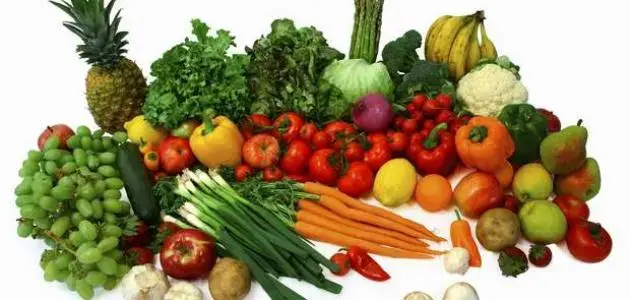Vitamins are organic nutrients that play a key role in keeping us healthy. They’re essential for all kinds of body functions and are often used as supplements to help treat health issues caused by vitamin deficiencies. Unlike other nutrients like minerals, carbs, or proteins, vitamins have their own category because of their unique roles.
In this post, we’ll break down the different types of vitamins, where you can find them, and what happens when your body doesn’t get enough of them.
Types of Vitamins
- Fat-soluble vitamins: These are stored in the body and used when needed.
- Water-soluble vitamins: These aren’t stored, so you need to get them regularly through your diet.
Where to Find Essential Vitamins
Vitamin A
Vitamin A is great for your eyes, skin, and cell regeneration. It keeps your skin moisturized and can help slow down signs of aging. If you’re not getting enough, you might experience dry skin, poor vision, a weaker immune system, and stunted growth.
Good sources include: sweet potatoes, spinach, carrots, broccoli, mangoes, tomatoes, and fish.
Vitamin B (All Types)
The B vitamins are super important for your nervous system and liver. They also help create DNA, mature red blood cells, and build the protective coating around nerves. Plus, they support healthy skin and eyes. A deficiency can lead to mood swings, irritability, dry skin, and low energy.
Good sources include: red meat, liver, whole grains, dairy products, eggs, and milk.
Vitamin C
Vitamin C helps flush out toxins, slows aging, supports your immune system, and can even help fight off colds. Not getting enough can lead to joint pain, tissue problems, swollen or bleeding gums, and anemia.
Good sources include: oranges, lemons, guava, and most fruits and vegetables.
Vitamin D
This one’s all about strong bones! Vitamin D helps your body absorb calcium, reduces the risk of osteoporosis (especially after menopause), and supports immune function and overall vitality. If you’re low on Vitamin D, you might have weak bones or joint issues.
Good sources include: early morning sunlight, fish, fish oil, and milk.
Vitamin E
Also known as alpha-tocopherol, Vitamin E protects your cells and tissues. It acts like an antioxidant and keeps your body running smoothly.
Good sources include: egg yolks, leafy greens, vegetable oils, and green almonds.
Vitamin K
Vitamin K is essential for blood clotting. It’s especially important for newborns to prevent early bleeding.
Good sources include: cauliflower, cabbage, oils, and plant-based butter.
Leave a comment
Your email address will not be published. Required fields are marked *




